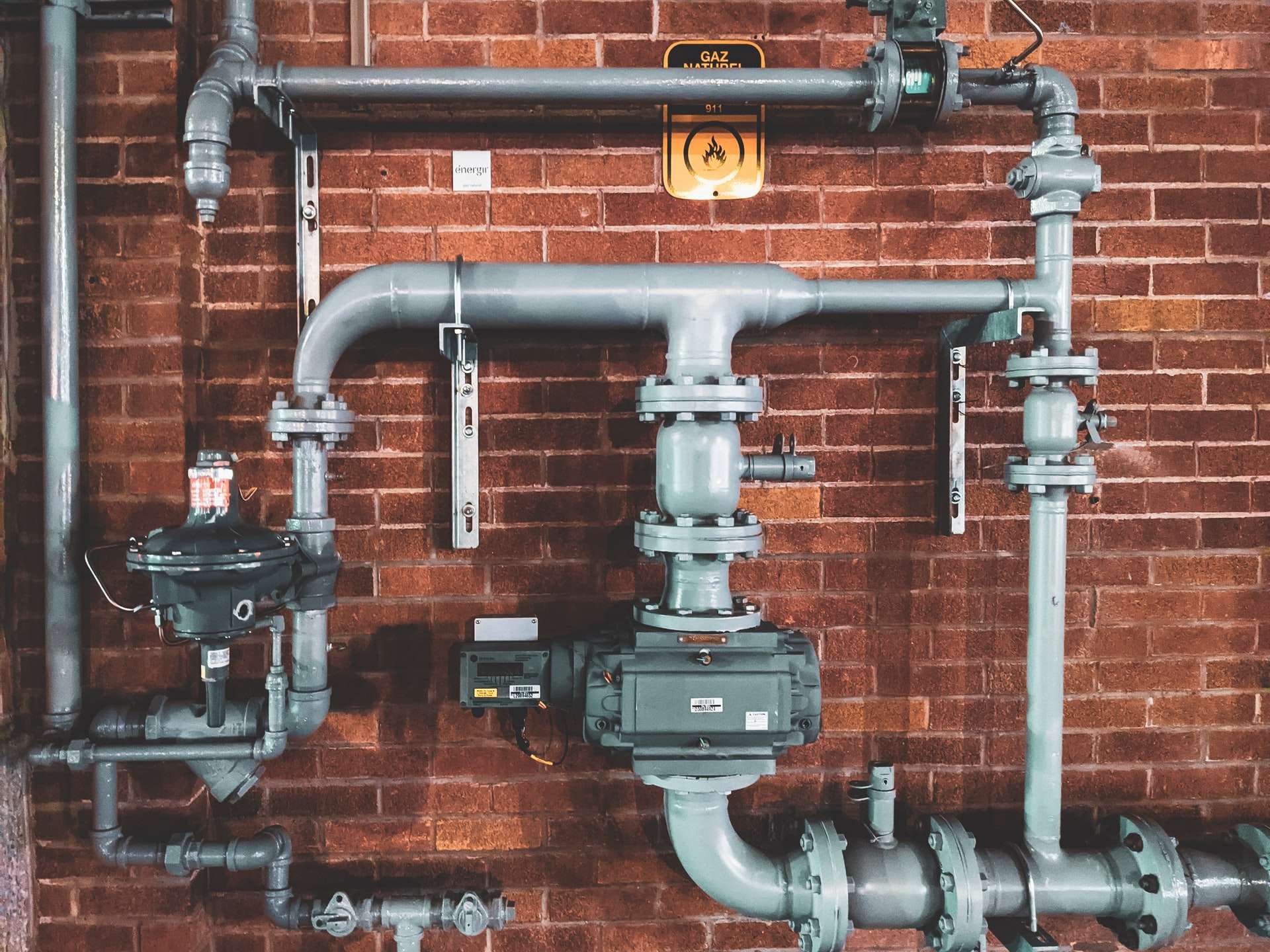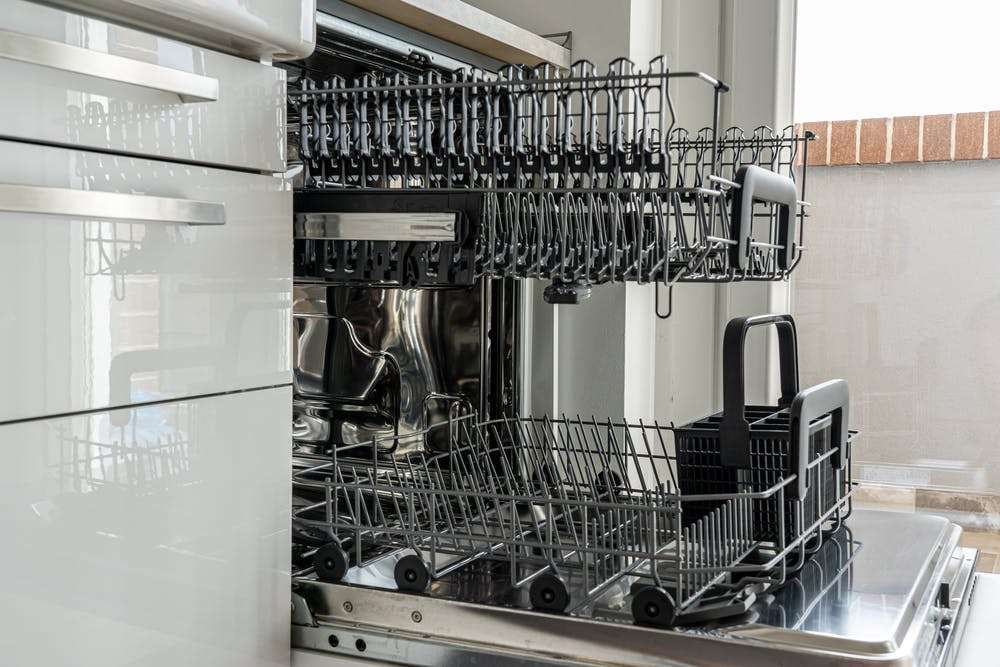Water heaters are one of the silent, hardworking systems that create a comfortable home as it delivers hot water whenever you need it—be it for washing dishes or taking a hot, relaxing shower. Imagine cold, white winters without any warm water to keep you cozy throughout the frosty months—it’s a waking nightmare that can disrupt your daily routine and quality of life at home in more ways than one.
There’s no doubt that water heaters are efficient systems that modernize home living, allowing anyone to use hot water on demand. While the unit itself is already efficient, different types of water heaters can facilitate more cost savings on your electricity bills, thanks to their unique functionality. With that in mind, you have two choices: the traditional tank water heater or the tankless water heater. Both fulfill the same goal, but the differences in their performance can impact your experience for years to come.
Before you decide whether you should go for a tank water heater or a tankless water heater, it helps to understand how they’re different from each other.
What is a Tank Water Heater?
Tank water heaters have been the standard in older homes for decades, providing homeowners with a quick and easy way to get hot water through electricity or gas. It uses an insulated tank with a built-in heating mechanism to heat the hot water, while the gas or electricity keeps the water consistent with your desired temperature.
What are the Pros and Cons of a Tank Water Heater?
Pro: Since a tank water heater follows an older design, it’s significantly more affordable. If you want to save hundreds of dollars worth in your initial purchase and installation, then a tank water heater is the way to go.
Con: Installing a tank water heater is more complicated and demands more technical expertise due to its design, plus the bulky system can take up plenty of precious space in your home.
Pro: A tank water heater can store up to a whopping 60 gallons of water, depending on the model you buy. Seeing as you can keep your water supply for a constant time, it’s a lot easier to provide a steady stream of hot water for various appliances. This makes a tank water heater a great choice for bigger properties that constantly use hot water.
Con: A tank water heater constantly uses either your electricity or gas supply, which means it can drive your bills up as the unit strives to maintain your water to the desired temperature. So even if you can initially save on the initial costs, a tank water heater can still be just as expensive when you consider the long-term bills typically associated with it.
Pro: A tank water heater has been the standard for years, so more technicians will find it easy to repair such units since its design has been established in the industry compared to the newer version.
Con: When your water in the tank water heater depletes, you’ll run into some downtime while refilling the tank.
What is a Tankless Water Heater?
As the moniker suggests, a tankless water heater doesn’t use any tanks as it only needs a heat exchanger to rapidly alter the water temperature on-demand.
What are the Pros and Cons of a Tankless Water Heater?
Pro: Since a tankless water heater doesn’t need to constantly run your electricity or gas supply to keep your water hot, your energy efficiency will be significantly better. If you’re an eco-conscious homeowner who wants to save money long-term and improve your footprint, then a tankless water heater is the right choice for you as it wastes less energy and can save up to an impressive 24 to 35 percent more energy too.
Con: A tankless water heater drives up your energy efficiency through the roof, plus it’s also made with better technology and design. With that in mind, it’s not a surprise that tankless water heaters come with a hefty price tag for both their initial purchase and installation.
Pro: Tankless water heaters use less breakable parts and do not rely on storage, making them easier to maintain. If you give it constant TLC, then its lifespan can extend longer than a traditional water heater tank system.
Con: A tankless water heater can alter the temperature of the water on-demand, but since it doesn’t have a storage system, then it will struggle to deliver the same amount of water pressure and heat to all your running appliances. It’s not the best choice if you need to balance several appliances at home as there is a risk that you might end up showering under cold water when someone decides to wash the dishes, heat the pool, and more.
Pro: The lack of a storage system means that a tankless water heater has a compact design, so it’s an excellent space-saving solution.
The Bottom Line: Choosing the Right Water Heater System for You
Water heaters play an integral part in maintaining your convenience and comfort at home since they can deliver a constant supply of hot water whenever you need it. In that regard, choosing between a tank water heater versus a tankless water heater isn’t about which unit is better than the other.
Both systems have pros and cons, so the right pick high depends on your financial capabilities, living conditions, and expectations.
For instance, a tank water heater may not be the most efficient compared to modern tankless water heaters, but still does its job well and can be an excellent choice for those who have a tight budget. On the other hand, a tankless water heater can save you money down the line thanks to its incredible efficiency and space-saving benefits.
Are You Looking for the Best 24 Hour Plumber in San Fernando Valley?
Whether you need drain cleaning to unclog your toilets, hot water heater installation, sewer pipe repair, water heater replacement, and other emergency plumbing services in San Fernando Valley, Candu Plumbing & Rooting is there to address your needs and handle the dirty work for you! Get in touch with our expert plumbers today and see what we can do to ease your plumbing woes.





